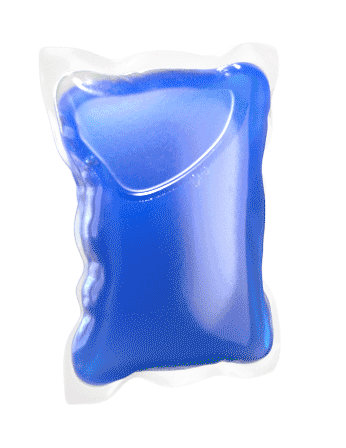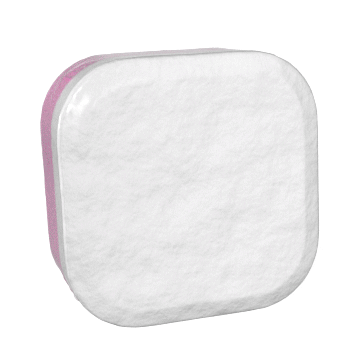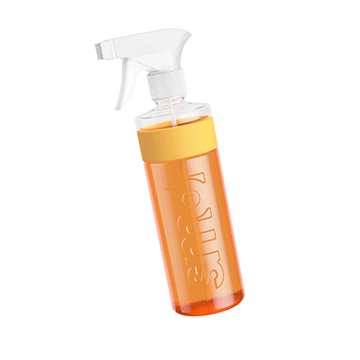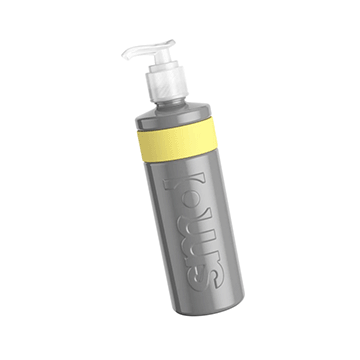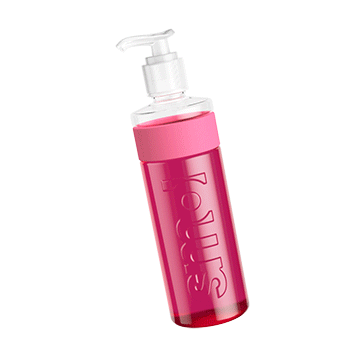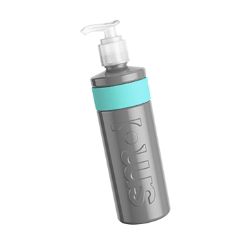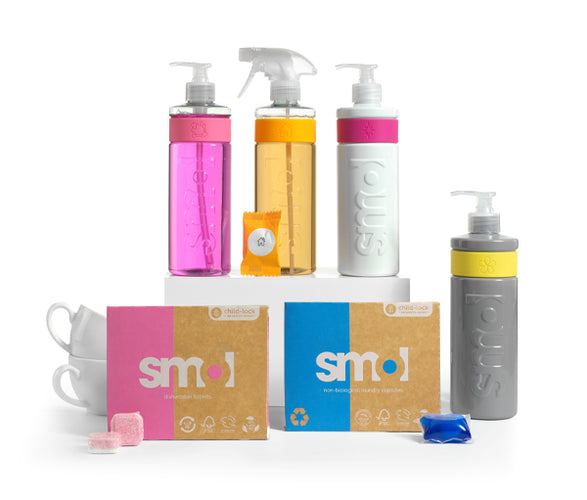
Imagine being a child who’s too embarrassed to go to school because their uniform or PE kit is dirty, or their hair hasn’t been washed in days.
Now, imagine that child missing out on learning, because they feel too ashamed to sit with their classmates. Imagine that child being shunned at playtime, being bullied in the playground and hiding away from their peers.
heartbreaking reality.
Hygiene poverty is not glamorous but it is a reality.
This week (07 - 13 October 2024) is National Hygiene Week. And we learnt the shocking news that 1 in 4 households with children live in hygiene poverty right now. This sad reality means children regularly miss school days for lack of clean clothing, for fear of being bullied and stigmatised, or because their physical and mental health is being impacted.
and so to westminster!
At smol, we believe every child deserves to feel clean, confident, and ready to learn. That's why we've partnered with The Hygiene Bank to launch our Clean Up Child Hygiene Poverty campaign. Together with school staff and UK teachers, we’re raising awareness about hygiene poverty and calling on the government’s Child Poverty Taskforce to address this crisis in their 2025 Child Poverty Strategy.
what is Hygiene Poverty?
Hygiene poverty is when families cannot afford basic hygiene products—such as soap, laundry detergent, or toothbrushes. According to a survey of 500 school staff conducted by Censuswide, more than 80% of teachers have seen children arrive at school in dirty clothes, with unwashed hair and unclean teeth. These children often face bullying, isolation, and a devastating drop in self-esteem.
The impact is so severe that nearly 30% of teachers reported that they’ve seen children miss school entirely because of hygiene-related issues.
teachers take the strain.
In many cases, teachers are personally stepping in to help, with some even washing students' clothes or buying toiletries from their own pockets. It’s a shocking fact to hear, but school staff collectively spend an estimated £40 million each year helping pupils in hygiene poverty. A testament to how much they care, but it shouldn’t be up to them.
As Patrick Roach, General Secretary of the NASUWT teaching union, says, “No child should suffer the shame and embarrassment of coming to school in dirty and unwashed clothes because their family either can’t afford to wash them, or doesn’t have enough money for spare items of school uniform, which are becoming increasingly expensive for many. It is undeniable that teachers are having to pick up the pieces of rising levels of child poverty, caused by the worst cost-of-living crisis in half a century.”
fighting for change.
If hygiene poverty is left unaddressed, it can limit a child’s potential for success in life. Teachers are already stretched thin, and while their acts of kindness are admirable, we cannot leave this issue solely in their hands.
Ruth Brock, CEO of The Hygiene Bank, puts it bluntly: “Hygiene poverty is a silent crisis that impacts not only children's health and well-being, but also their ability to participate fully in school, potentially limiting their life chances.”
Our Clean Up Child Hygiene Poverty campaign is pushing for real change but we need your support to make sure child hygiene poverty is recognized and addressed in the government’s upcoming Child Poverty Strategy.
By visiting smol’s campaign page, you can read our open letter to the government and access a template to write to your local MP urging them to take up the fight and contact the Child Poverty Taskforce.. Every voice counts—your action can help make sure no child is left behind because they lack the basics to stay clean.
It’s time we all step up, and together, we can give every child the right to feel clean, confident, and ready to thrive in school.
As one member of school staff noted in our research, “every child has the right to be clean and feel clean”.
Join us in the fight to clean up child hygiene poverty—because every child deserves better.
Clean up child hygiene poverty.

References:
1 In Kind Direct Spring 2024 report
